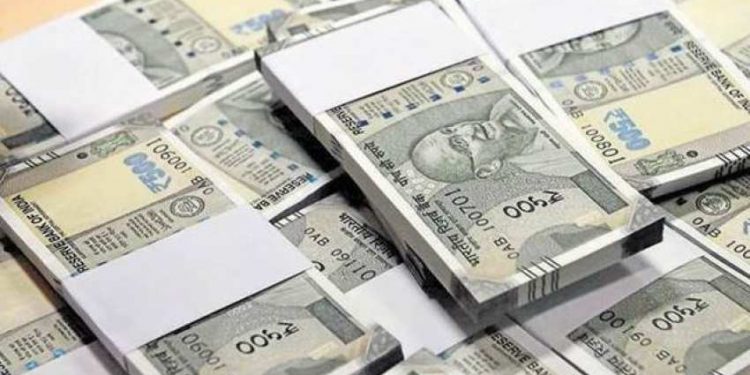Most of the banking customers consider their deposits in the banks to be completely safe. A vast majority of the customers also live under the misconception that the government of the day will pay them back, if a bank fails for some reason. Unfortunately, that is not correct.
Many of the customers might have been aware of the ongoing PMC bank controversy where the depositors are facing a harrowing time to withdraw their money deposited with the bank after it failed. Limitations on withdrawal have been placed amidst ongoing protest by the customers of the bank.
Given how widespread banking has become and how intertwined it has become with our personal finances; it is only natural to wonder what a customer is entitled to get if a bank fails.
Misappropriation in banking sector leading to its failure, though extremely rare, has taken place before. As past experiences have shown, both in India and abroad, bank failures bear catastrophic outcomes for its customers – at times wiping out the entire life saving and exposing the customers to uncertainty and mental trauma.
It comes handy to know, what the customers are entitles to.
According to the reserve Bank of India, registered bank customers in the country are entitled to an insurance which is otherwise known as ‘Deposit Guarantee Scheme’.
This scheme assures that if a bank fails, each depositor is protected up to a maximum of Rs 1 lakh per aggregate account. This amount is paid to customers whose deposits lie with a bank and that bank fails to return them owing to bankruptcy.
A point in case, if you have opened two joint accounts, with the husband named first in one and the wife named first in the other, you are protected by up to Rs 2 lakh.
The deposit guarantee rule that recommends Rs 1 lakh per depositor started back in 1993 and has remained unchanged ever since. Before 1993, this guarantee covered Rs 30,000 and it came in force back in 1980.
In view of the PMC crisis, the finance ministry is currently discussing raising deposit insurance cover to Rs 3 lakhs from the existing Rs 1 lakh. This, however, is the initial discussion stage, and it will be hiked only after getting the views of banks, DICGC and the Reserve Bank of India (RBI).
Deposit Insurance and Credit Guarantee Corporation (DICGC), a wholly-owned subsidiary of the RBI, provides this insurance cover for deposits. Banks, in turn, are required to pay premium to DICGC. According to RBI data, in FY19, DICGC collected Rs 12,043 crore as premium and settled Rs 37 crore in claims.
Hiking the deposit insurance will also mean that the premium paid by the banks for the insurance cover will also go up. Currently, DICGC charges upto 10 paise for every Rs 100 on an annual basis.






































